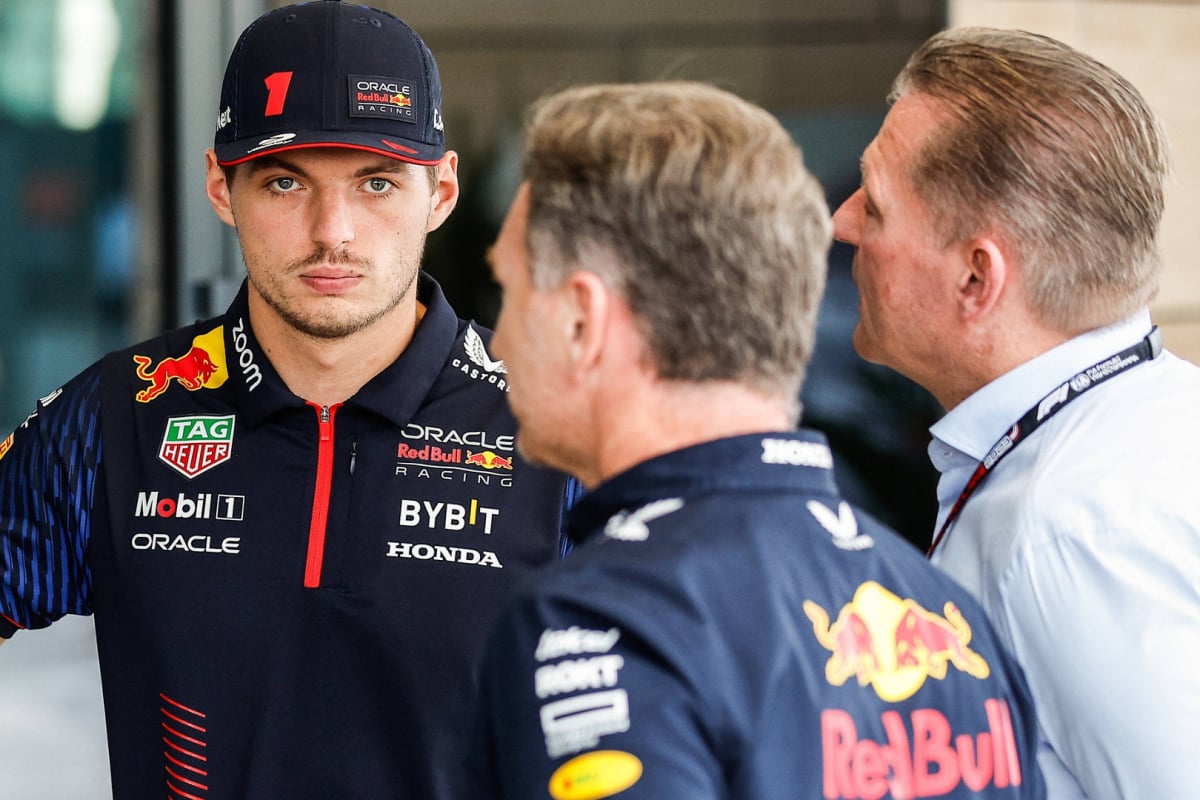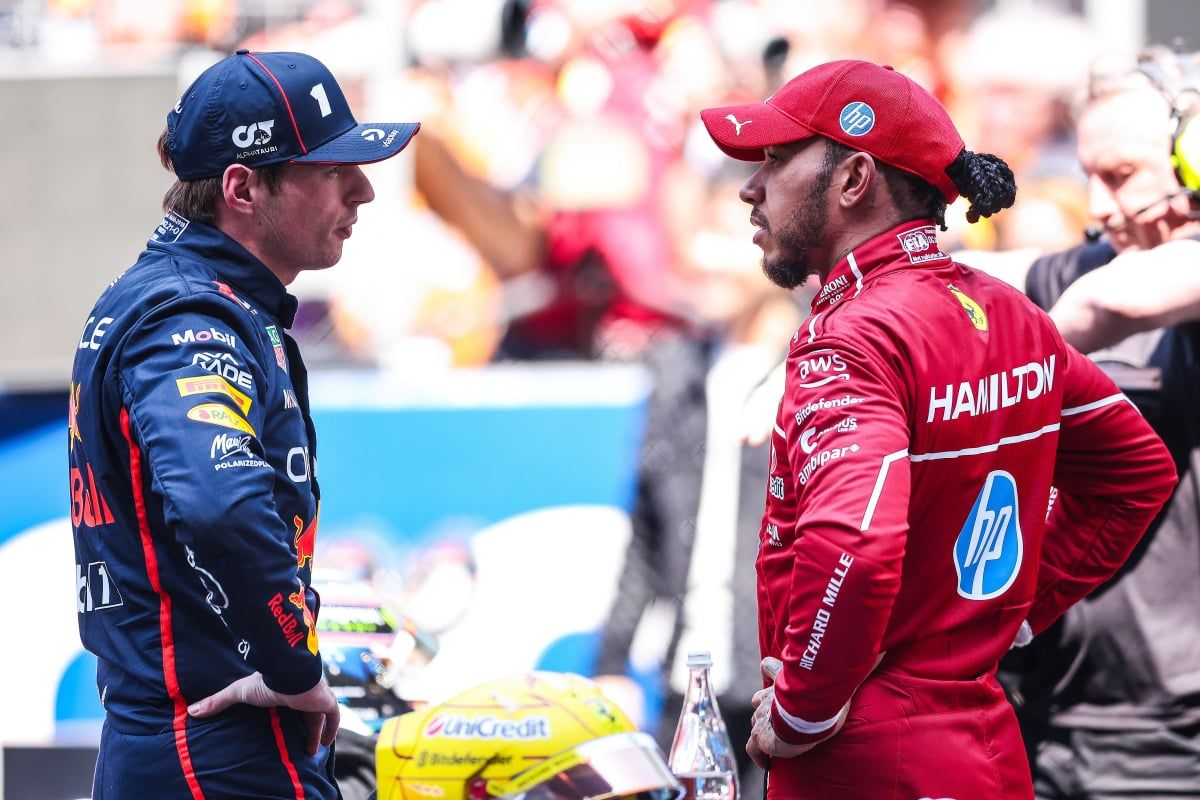RChristian Horner admits F1 meeting over looming Max V… read more
Max Verstappen’s looming Formula 1 race ban hangs heavy over the upcoming Austrian Grand Prix, a potential crisis fueled by a contentious incident in Spain and the calculated maneuvering of rival drivers. The four-time world champion is just one penalty point away from a suspension, a stark reality that has prompted a crucial meeting between Red Bull Racing’s team principal, Christian Horner, and Formula 1 race control.
The meeting, held during the Canadian Grand Prix weekend, highlighted the delicate situation Verstappen finds himself in. Horner’s admission of the discussion underscores the growing concern within the Red Bull camp about potential tactical pressure from rival teams attempting to force a penalty on Verstappen at the Austrian Grand Prix, potentially jeopardizing his participation in the subsequent race at Silverstone. This strategic maneuvering, though implicit, underscores the calculated nature of competition in Formula 1.
“It is inevitable that certain games are going to be played,” Horner stated candidly to the media. His words reflect the inherent tension and calculated risks that permeate the sport. “So that’s something we discussed with race control after the drivers’ briefing. We wanted them to take that into account because it was clear that this kind of thing could happen. But Max Verstappen had a spotless weekend [in Canada] and a good race.” The statement highlights the proactive approach Red Bull Racing is taking to mitigate the threat of an undeserved penalty.
Verstappen’s precarious position stems from a controversial incident during the Spanish Grand Prix. He was judged to have intentionally crashed into George Russell, an action that cost him three penalty points on his FIA Super Licence. This incident, coupled with the existing penalty point tally, sets the stage for the potential race ban. The close proximity to a suspension underscores the crucial nature of every race.
The subsequent Canadian Grand Prix, where Verstappen and Russell found themselves on the front row of the grid, offered a glimpse into the ongoing tension. The first corner passed without incident, a testament to the composure of both drivers, but the underlying tension remained. Verstappen’s performance in Canada, ultimately finishing second behind the victorious Russell, did little to dispel the speculation surrounding his future.
Verstappen’s frustration with the media’s persistent questioning about the potential race ban manifested in a sharp response during the Montreal qualifying sessions. He characterized the media’s inquiries as “childish” and a “waste of time,” highlighting his personal dissatisfaction with the continuous focus on a potentially looming suspension. His comments reflect the pressure and annoyance that comes with being a public figure navigating such a complex and scrutinized environment.
The incident in Spain, the accumulation of penalty points, and the potential tactical maneuvers by rival teams all point to a real possibility of a race ban for Verstappen. This possibility carries significant consequences for the championship, not just in terms of Verstappen’s performance but also potentially influencing the strategies of other drivers. Teams will undoubtedly weigh the risks and benefits of pushing the boundaries, recognizing that even the slightest mistake could result in a significant disadvantage.
The impending Austrian Grand Prix now carries a heightened sense of tension. Not only is it a crucial race in the Formula 1 season, but it also marks a potential crossroads for Verstappen. A clean race, free of incident or controversial actions, could be the key to avoiding the suspension. However, the shadow of the potential ban looms large, a constant reminder of the calculated maneuvers and risks that permeate the sport.
The situation underscores the complex interplay of competition, calculated risks, and the potential for manipulation that exist in the high-stakes world of Formula 1. It leaves all parties, from drivers to teams to the FIA, in a precarious balancing act, constantly weighing the fine line between aggressive competition and potentially costly penalties.




